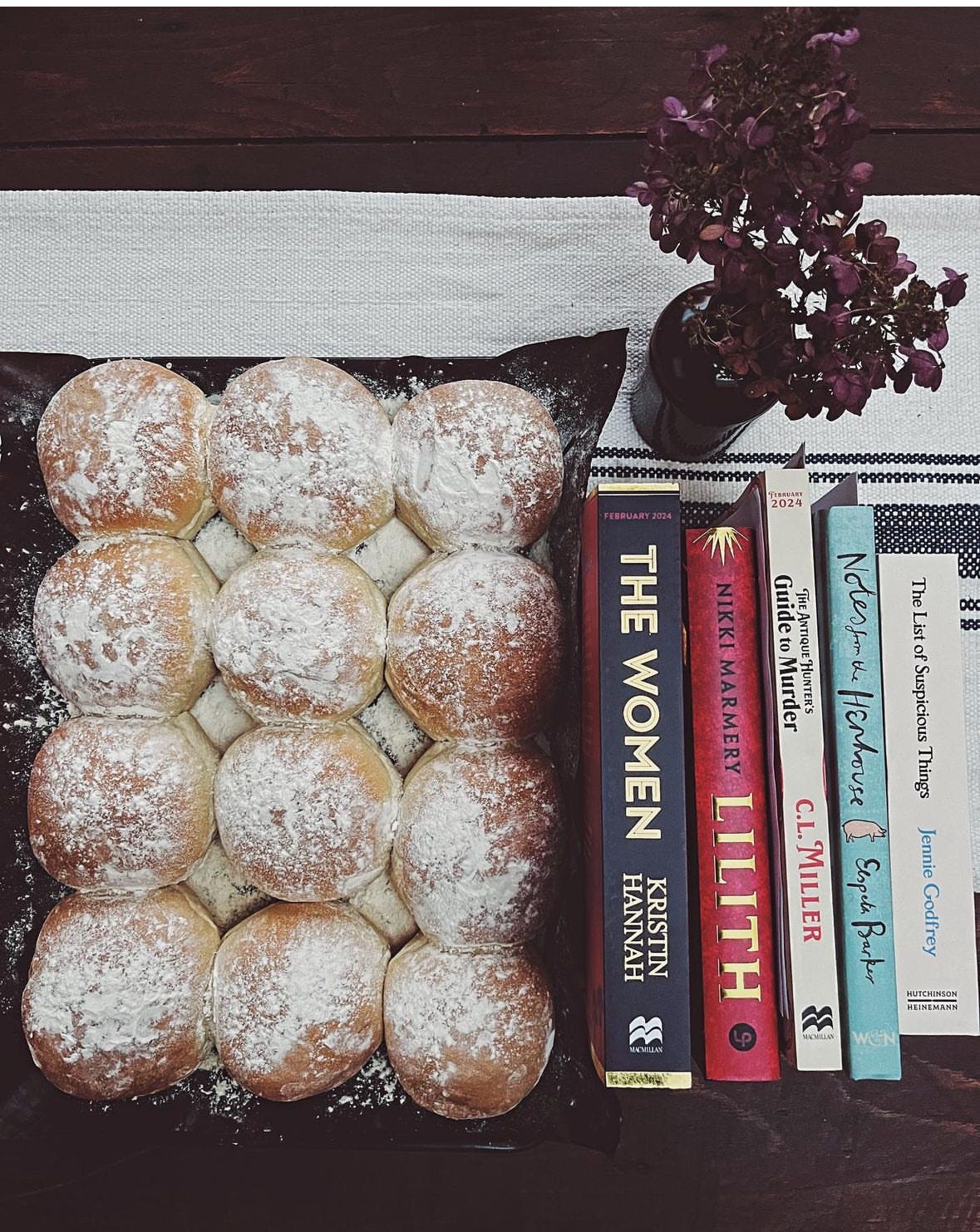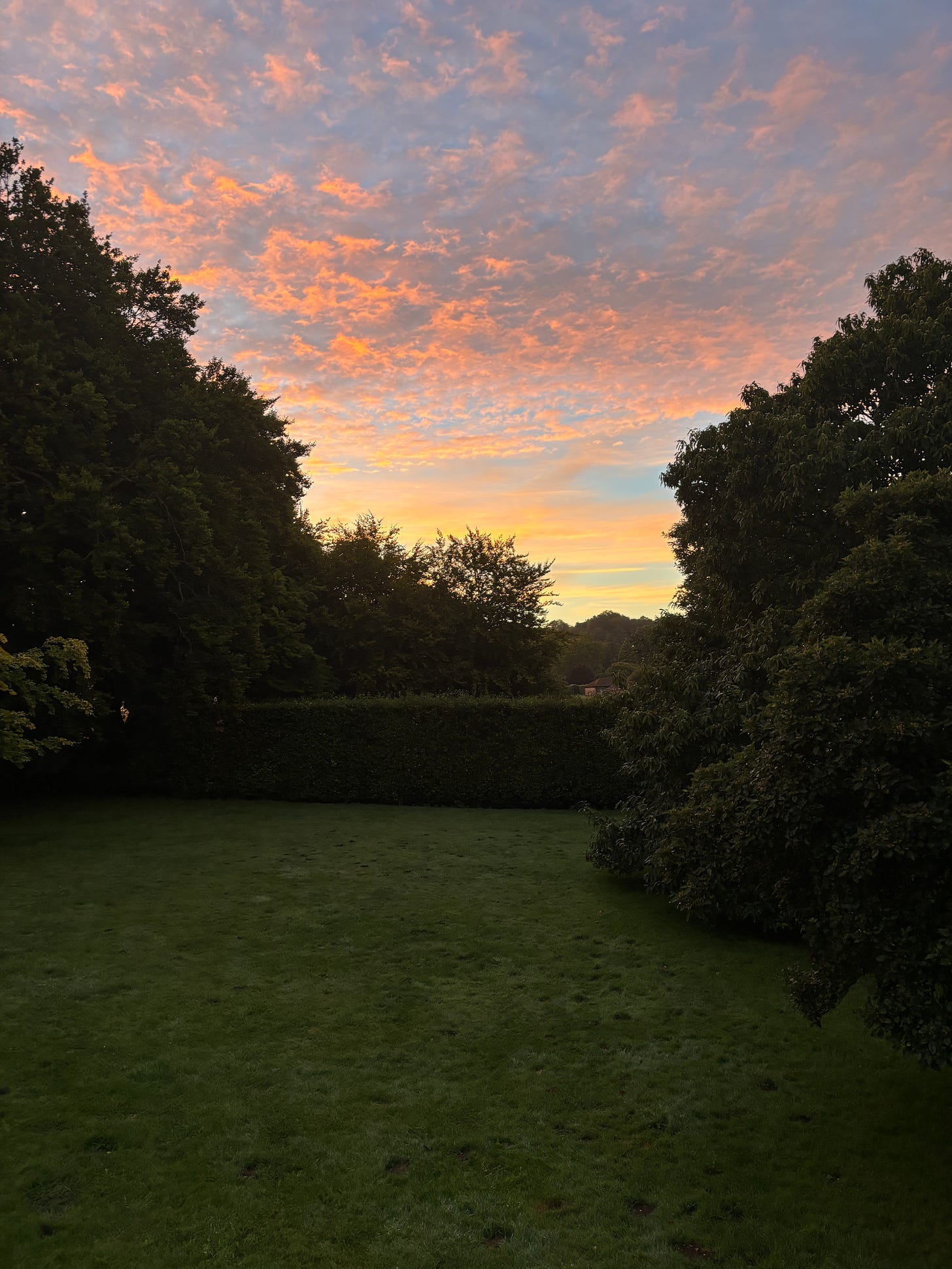It all began with a summer read. A lovely friend suggested we read the same book and compare notes once we’d finished reading. I agreed.
The book looked brilliant. On paper, it sounded just the sort of thing I would love. Historical fiction. A story of a favourite author. A reimagining of the journey which inspired one of his books. An exploration of the relationships which remained a profound influence on him. I took it on holiday with me, looked forward to having time to really enjoy it.
Lying on the sofa after supper one night, I started reading, an obligatory glass of holiday rosé by way of companion. As I reached the halfway mark, the oddest thing happened. I began to resent reading this book. Yes, the writing was really well written. Yes, the story was a slow burn but there was a laser sharp focus on character. So, why wasn’t I enjoying it? I picked it up, put it down, I considered leaving it unfinished. The notion of not reaching the end really plagued me. Could I do that? Should I do that? I’d never left a book unfinished. EVER. Even it was completely not my cup of tea. I’m a firm believer that there are NO bad books - really there aren’t. There are just books that don’t chime with us particularly. Not every book can or will. How could it? We don’t all think and feel the same.
I took to Instagram. How many of my bookish friends and colleagues had abandoned a book mid read I wondered? The response was eye opening. From “Too many books to read, so little time - ditch it” and “If I don’t enjoy the first few chapters, then it’s a no” to “I read through to the end as I don’t want to ruin my Goodreads score” or “I hate not knowing if it got better.” I held it in my hand, looked over the cover once more and then gave myself permission to put it one side. The sages of Bookstagram had given me a reprieve. I took another book from the pile.

A few weeks later, I was listening to BBC Radio 4 as I waited for the kettle to boil. It has long been the soundtrack to my mornings over the years as a freelancer. Something piqued my interest as I listened to broadcaster and bestselling author Matthew Syed exploring the beautiful possibilities in leaving work unfinished in an episode of Sideways on The Art of Unfinishing.
A pair of keen knitters who had called on the help of strangers to finish an incomplete blanket their bereaved friend’s mother had started. The daughter of filmmaker Kathleen Collins, had rediscovered a side of her mother she had never known in the cutting room. Artist and composer Jan Hendrickse who leaves work unfinished, open to interpretation, talked of Wabi-sabi, the Japanese art of seeing beauty in imperfection and incompleteness. There was even mention of Franz Kafka who never finished any of the novels he wrote. Yes really. (There’s a brilliant piece by Becca Rothfield in The New Yorker all about Kafak’s forays into fiction as well as his diaries - a fab read if you’ve got a spare minute or two).
This got me thinking. As a society we’re encouraged - coached - conditioned - to complete tasks, to offer proof that we have achieved. The idea that incompleteness could be nurturing creativity rather than hampering it, is a really interesting one.
It also made me think about something else I hadn’t finished.
Confession time: I have a novel in a drawer. It was started with the best of intentions. Racing off the starting block, I got to 50,000 words before I fell head first into the wading through mud stage. The writing equivalent of a Tough Mudder. It was at that point that I began dreading sitting at the desk. The kitchen had never looked shinier, the girls came home from school to cinnamon buns, sourdough loaves, a pie.
Somehow the finishing of the wretched thing got harder and harder. I made the mistake of telling friends I was writing a novel (apparently it helps you get over the imposter syndrome…eye roll). It only helped me to look like a complete idiot when the novel I claimed I was writing didn’t really materialise. Trying to keep the faith, I worked on it on and off, trying to find time to tinker with it, mould it into shape. I got to 95,000 words, the typical length of a novel. I couldn’t finish it. It just wasn’t happening. I began to think that if it was THIS hard, then it wasn’t meant to be. I gave up. Each month, I’d turn up at writers’ group with NO pages to share. I felt a complete failure.
I remember my husband, after a few glasses of wine, once asking a writer friend of ours whether she felt compelled to write or approached it as a job, a 9 to 5 that required her attention during working hours but that she could clock off from. She explained that it was a bit of both. That felt encouraging. That even ‘real’ writers found the actual writing hard - it didn’t come naturally. It is a process of writing. Good sentences and bad. Staring out of the window. Going for a walk. Deleting most of what you’d written. On REPEAT. Rewriting, deleting, beginning again.
If all writers find it hard, how do you know what it’s not working because it’s not meant to be? What if after all the writing and rewriting the thing you’re working on doesn’t reach a natural conclusion?
Perhaps it’s time to take the pressure off? A shift in perspective. Maybe the act of creating something can be long imaginative journey without an end. A way to explore ideas, voice, plot. I love the idea that creativity doesn’t have to be defined by completion - more of a ‘live in the moment’ kind of thing rather than following a 5 year plan and ticking things off. Sometimes you’ll finish what you’re working on, sometimes you won’t. Sometimes you don’t have to carry on with something that feels like it isn’t working and other times, you’ll be compelled to get it done. Like the book I couldn’t finish on holiday. Maybe I’ll pick it up again, maybe I won’t and that’s ok. Perhaps in reading it, I was refining what makes sense to me, honing what I like to read. It feels the same with my novel in drawer. A necessary journey on the way to writing something new. Something I didn’t know I wanted to write. Something which feels right.
More a case of daydreaming rather than deadlines.
What do you think?






